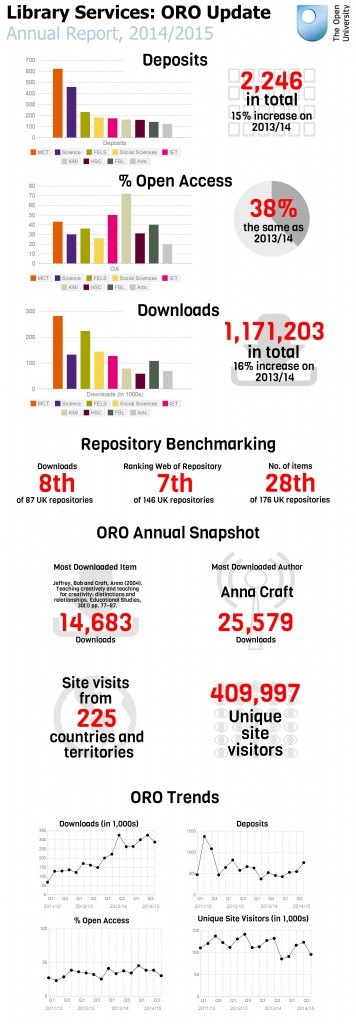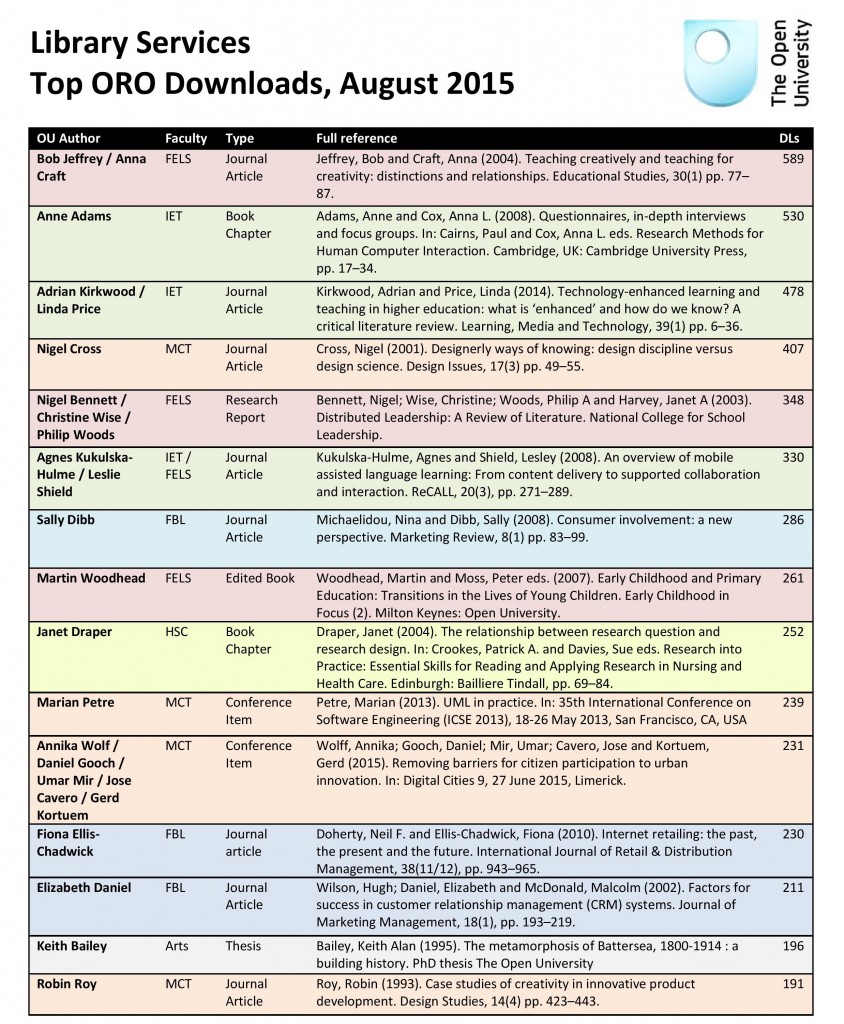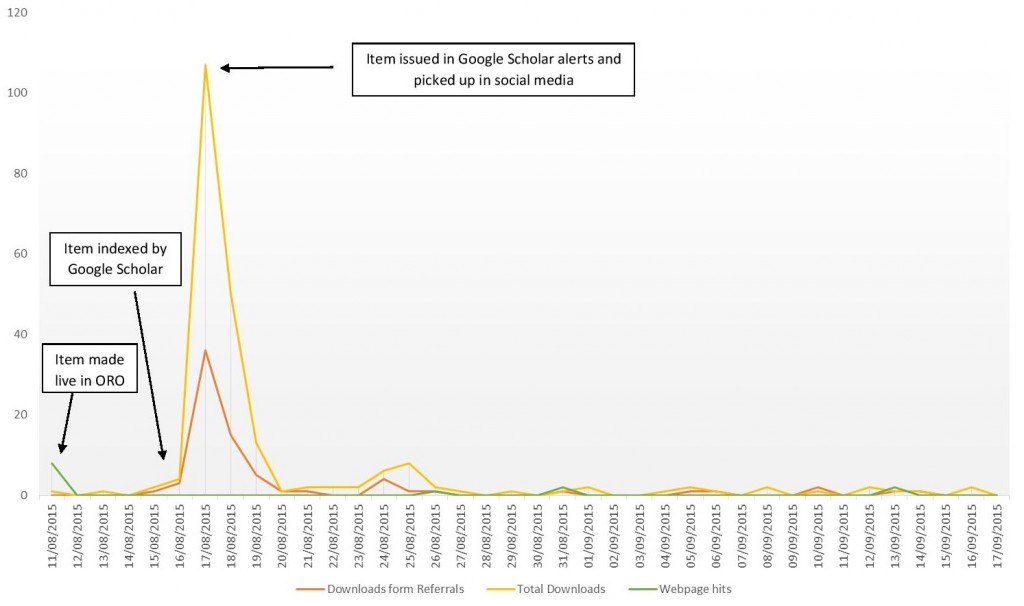When you’re working on a research project that involves the collection, creation or re-use of data, it is essential at the outset to set up procedures for the organisation of those data. This is particularly important when you are working as part of a team, as a number of people will be accessing, working on, updating and saving the same set of files.

Frustration by Sybren Stuvel
Although it might feel like time-consuming and monotonous work, carrying out effective data organisation procedures throughout your project will actually save you time (and frustration!) by avoiding hours spent trawling through your folders looking for that key piece of data; it will also reduce the effort needed to prepare your data for archiving at the end of the project; organising your data effectively may also make you more innovative – helping you to spot connections in your data that you might otherwise have missed.
Not sure where to start? The following tips will help you to set up some data organisation procedures for your project:
Don’t reinvent the wheel – your department or research group may already have existing procedures in place, or one of your colleagues may have set up some processes for their own project. Ask around and find out if you can adopt these conventions rather than having to start from scratch.

“Stick with it” and “Be logical” – Rubix Cube by jaymzg
Stick with it – Once you’ve decided on a system, stick with it throughout your project; changing your procedures halfway through will be confusing and may cost you time trying to find a file saved in the old format.
Be logical– structuring your files and folders logically (according to project or work package, for example) will make them easier to find. Avoid leaving files unsorted, hanging under top level folders

“Embrace structure” – House of Cards by Peter Roberts
Embrace structure – design a hierarchy for your folders; saving more specific folders within folders for higher level broader topics. Avoid using very tall structures as they are difficult to navigate and will cost you time trying to find information within them.
Think about names – give your folders and files meaningful names. Avoid creating names which only mean something to you, are excessively long, or relate to individuals. Ideally it should be obvious what’s in a folder or file before opening it.
Stop hoarding – think carefully about what you really need to keep and for how long, and what you can (and can’t) destroy or delete. Avoid hanging onto pointless multiple copies of data. Continually review what you’re keeping at intervals as well as at the end of your project.
For more information, visit the “Organising your Data” pages on the RDM intranet site (internal link only)
 Highlights include:
Highlights include:





